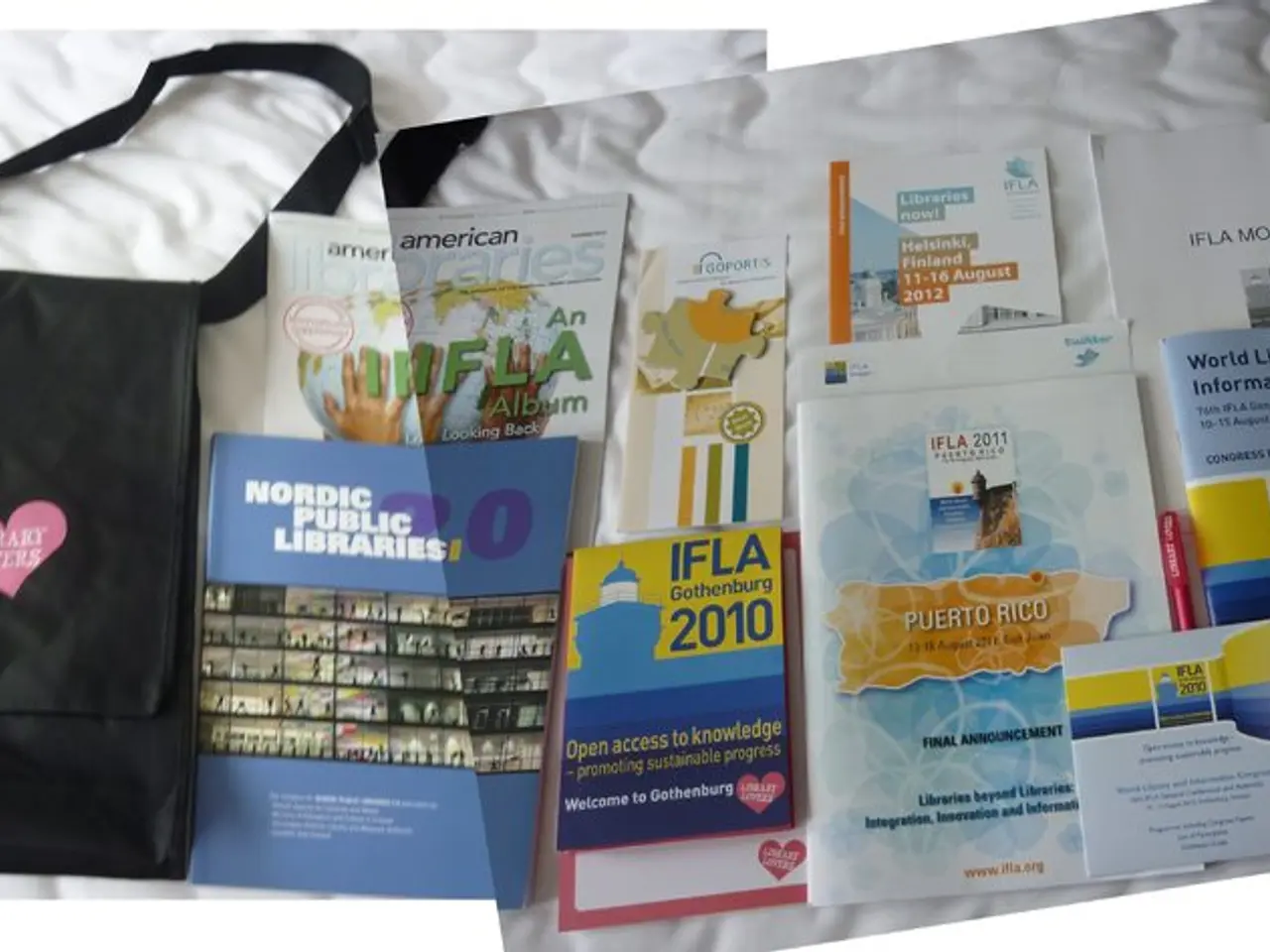"Vladimir Nabokov's 'Speak, Memory': An Unconventional Life Account"
Vladimir Nabokov's Speak, Memory, published in 1951, has left an indelible mark on literature, shaping the literary landscape of the 21st century. This autobiographical work, written by the author known for his lyrical, imaginative prose, has pioneered a sophisticated blending of fact with fiction and memory with imagination.
Speak, Memory is celebrated for its innovative structure and profound exploration of memory and identity. Nabokov, who grew up speaking three languages—Russian, English, and French—intertwines elements of fiction with his recollections throughout the book. This approach challenges strict boundaries between objective memory and creative narrative, encouraging writers to explore memory as a subjective, artistic experience rather than a fixed historical record.
Essentially, Speak, Memory influenced how memoirists and novelists handle autobiographical material by:
- Rejecting purely factual recounting in favour of memory reshaped through literary artistry.
- Emphasising the interplay between recollection and creative imagination, showing how memory is inherently selective and reconstructive.
- Inspiring a model where the self is portrayed not simply as a stable entity but as a dynamic construction, shaped by language and narrative techniques.
- Encouraging writers to weave rich sensory and emotional details that illuminate personal and historical contexts with poetic nuance.
This influence is evident in the broader shift in memoirs and autobiographical fiction, where authors feel freer to structure memories with narrative devices typically reserved for fiction. Writers inspired by Nabokov’s example often treat memory as a creative resource, blending truth and invention to convey deeper emotional or psychological realities rather than mere factual accuracy.
The Russian Revolution of 1917 caused Nabokov's family to flee Russia and seek exile in Europe. After the revolution, Nabokov studied at Cambridge. Later in life, he became a professor at Wellesley University. Nabokov married Véra Evseyevna Slonim and had one child, Dmitri Nabokov.
Speak, Memory has contributed to the ongoing conversation about the nature of memory and the construction of personal narratives in literature. Nabokov's exploration of memory as a subjective and mutable phenomenon remains relevant in an age marked by the proliferation of digital media and the democratization of storytelling.
In Speak, Memory, Nabokov reflects on his life and concludes that he must turn it into art to understand it. This masterpiece of autobiographical writing continues to inspire writers across genres in the 21st century, including Julian Barnes, Salman Rushdie, and David Mitchell. Nabokov's work, Speak, Memory, blends reality and imagination to underscore the intricate nature of memory and its intersection with art. The family eventually moved to France, and eventually the United States.
References: [1] Nabokov, Vladimir. Speak, Memory: An Autobiography Revisited. New York: Vintage International, 1966. [2] Barnes, Julian. The Sense of an Ending. London: Jonathan Cape, 2011. [3] Rushdie, Salman. Joseph Anton: A Memoir. London: Jonathan Cape, 2012. [4] Mitchell, David. The Bone Clocks. London: Sceptre, 2014.
- The literary essence of Speak, Memory has extended its influence to various genres, as authors like Julian Barnes, Salman Rushdie, and David Mitchell draw inspiration from Nabokov's innovative narrative approach, weaving reality and imagination in their own works.
- Beyond literature, Nabokov's groundbreaking work on memory and identity serves as a compelling discussion point in education-and-self-development courses, inviting scholars to reconsider the nature of memory and the construction of personal narratives.
- Furthermore, the sophisticated blend of fact and fiction in Speak, Memory resonates not just with literature enthusiasts, but also appeals to a wider audience interested in sports, lifestyle, home-and-garden, and entertainment, as the subjective retelling of events and experiences holds an universal emotional appeal.




